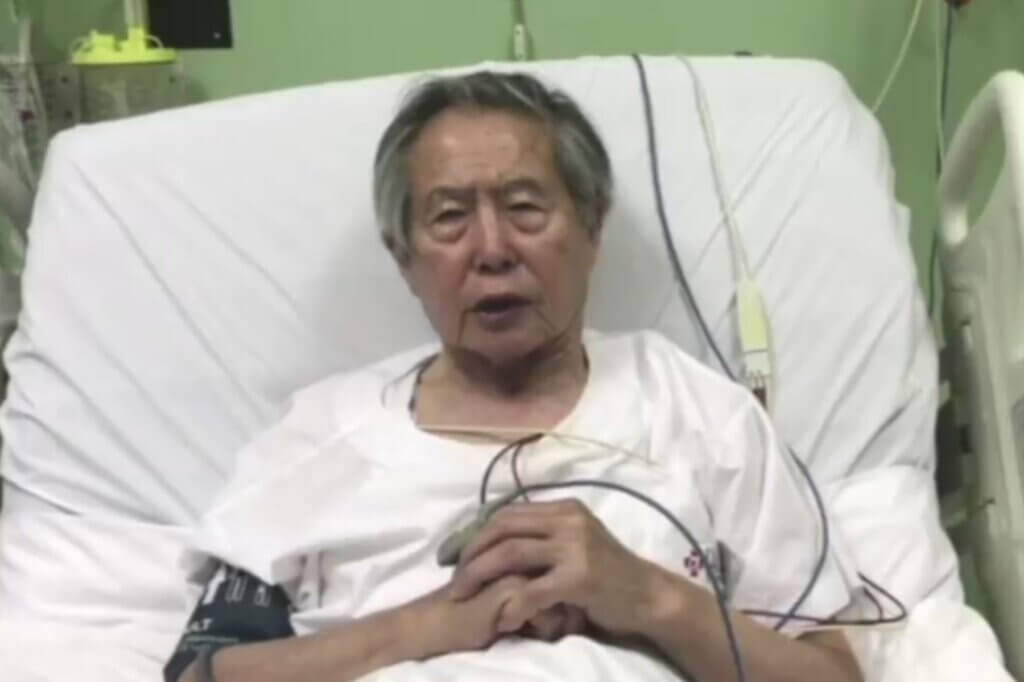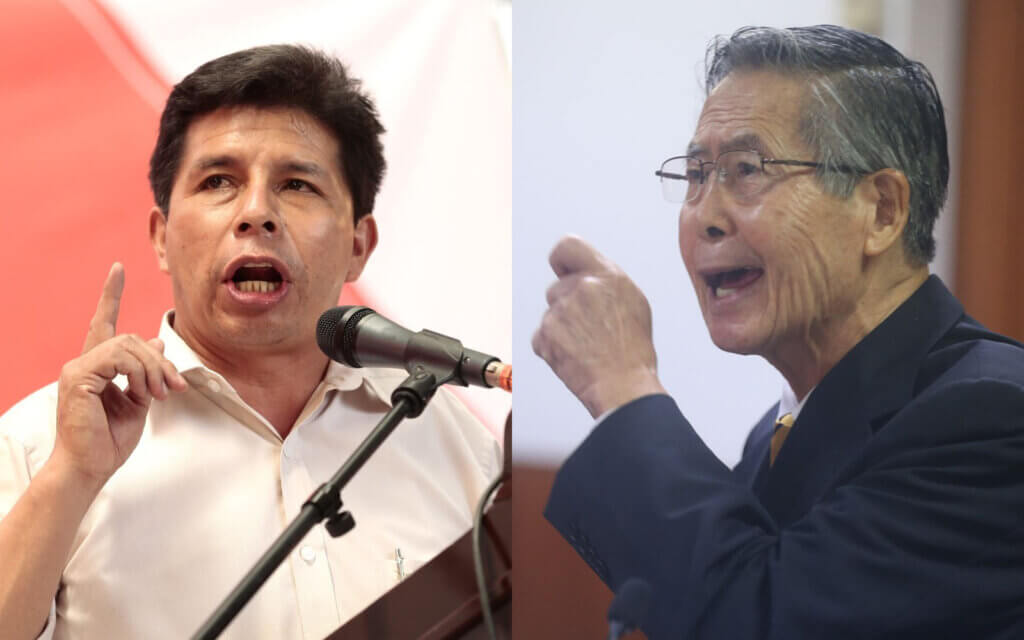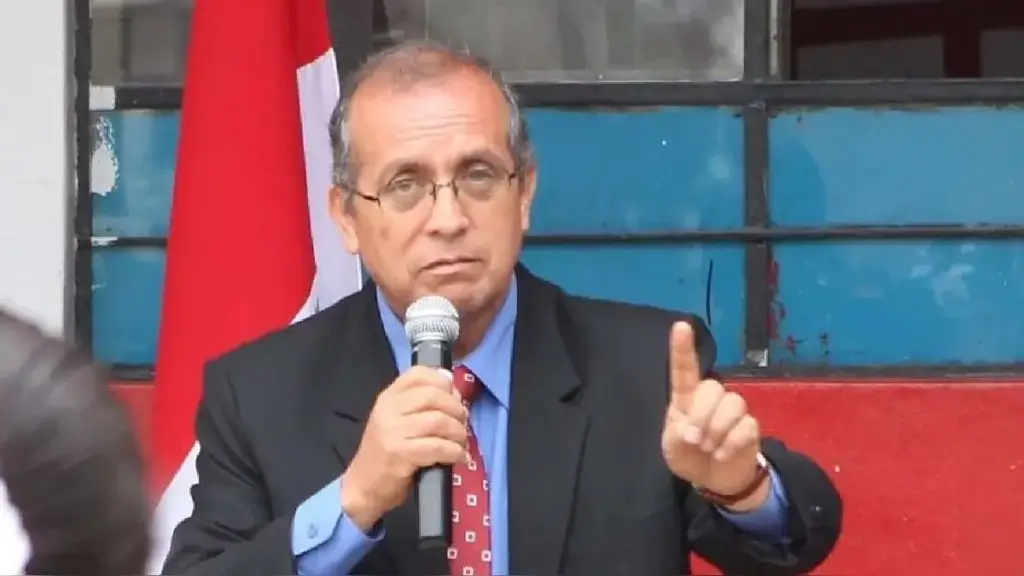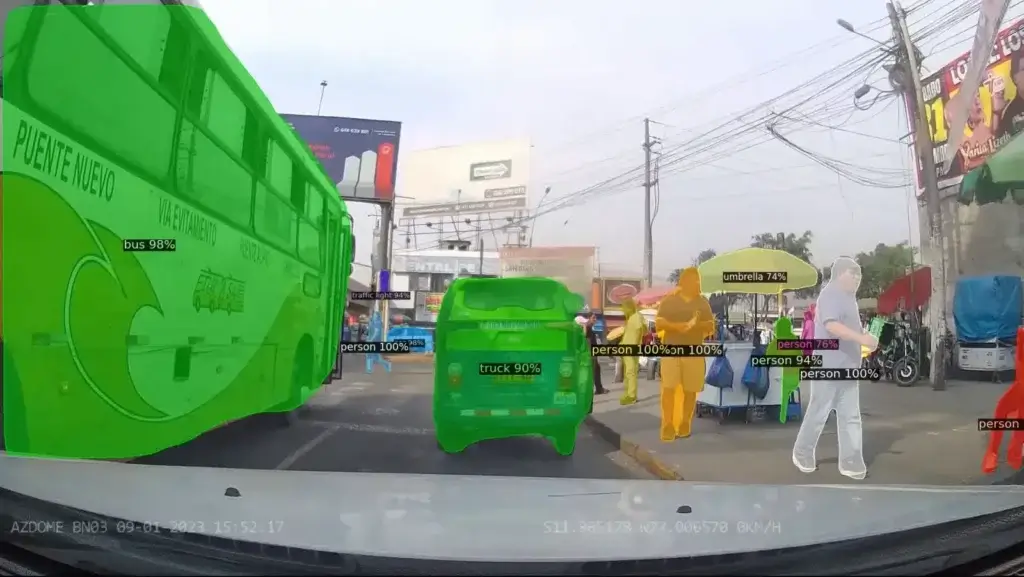A controversial new art exhibition opened in Lima at the beginning of February, and is making waves in the traditionally Catholic Peru.
Juan Jose Barboza-Gubo and Andrew Mroczek, Peruvian and American respectively, are collaborative artists whose work focuses on themes of masculinity, gender, sexuality and the effects of patriarchy as a social system.
Their most recent work, ‘Canon’, is funded by the Spanish government, and focuses on transgender women and homosexual men, in their exhibitions ‘Virgenes de la Puerta’ (Virgins of the door) and ‘Los Chicos’ (The boys).
‘Virgenes de la Puerta’ can be seen at the Museum of Contemporary Art in Lima until April 1. The exhibition is influenced by 19th century colonialist paintings, and celebrates transgender women by portraying them as saints with religious iconography.
‘Los Chicos’ is at the Cultural Centre of Spain, also in Lima, and is showing until April 23. It is a series of photographs of gay men in a manse (a house historically given to a church leader), which was once ornate and regal but has now been left neglected.
Peru has a difficult history with LGBT issues, and although homosexuality is legal in the country, it is still a hostile environment for many gay people. In the 1980’s the Movimiento Homosexual de Lima (Lima Homosexual Movement) was founded, slighting improving media coverage of gay people, however even in 2002, at Lima’s first Pride march, the majority of people wore masks to avoid being recognised. More recently, in January 2017, Peruvian president Kuczynski issued a decree that made hate-crime and discrimination against the LGBT community illegal. This was a great step forward, but was repealed by the Peruvian Congress in May of the same year, covered in an article on Peru Reports.
Barboza-Gubo tells the Independent that he witnessed an attack on a transgender woman in Lima which had a profound effect on him. In Peru, trans women are often denied work, or housing and welfare assistance, and a 2015 study showed that 80% of LGBTQ people had been a victim of violence. Their work attempts to honor these people by “re-incorporating these transgender women into the cultural landscape and history of Peru” as written on their website.
However, Barboza-Gubo and Mroczek’s exhibition has been strongly condemned by traditionalist Catholic groups for being anti-religious. Tradición y Acción por un Perú Mayor (Tradition and Action for a Greater Peru) have created a CitizenGo Petition which at the time of writing has reached over 42,000 signatures against the exhibition, and Asociación Antonin Scalia (Antonin Scalia Association) have sent a letter to the Spanish Embassy and the Agency for Spanish Cooperation, saying that it “defames and offends the traditions, rites, objects and representations of Christianity.” It also demands that both organizations retract any support for the exhibition. La Tribuna de Cartagena labels the exhibition as “blasphemy”, and a “clear mockery of the the Catholic Church”.
“Why ridicule and insult a majority faith in Peru and Spain to defend the promotion of a collective minority?” they asked in their article.
The exhibition comes at the same time as the proposal of a new law that would make religious defamation a crime, and is a clear example of the strong roots Catholicism has in Peruvian Society.
However, Barboza-Gubo and Mroczek have received positive reactions to their work. ‘Canon’ was exhibited in New York from October 2017 to January 2018 in the Museum of Sex, where it was well received.
The museum describes the exhibition as “a call to action against the relentless violence the LGBTQ population faces throughout Peruvian culture.”
In its description of the exhibition, Lima’s Museum of Modern Art was less direct, but still positive.
“The characters…acquire a celestial dignity.”
Despite the ruckus their exhibition has caused, or indeed because of it, Barboza-Gubo and Mroczek have bought the LGBTQI issues in Peru into the public domain, exposing both the influence of Catholicism on society, but also reflecting the desire to change and move forward.











